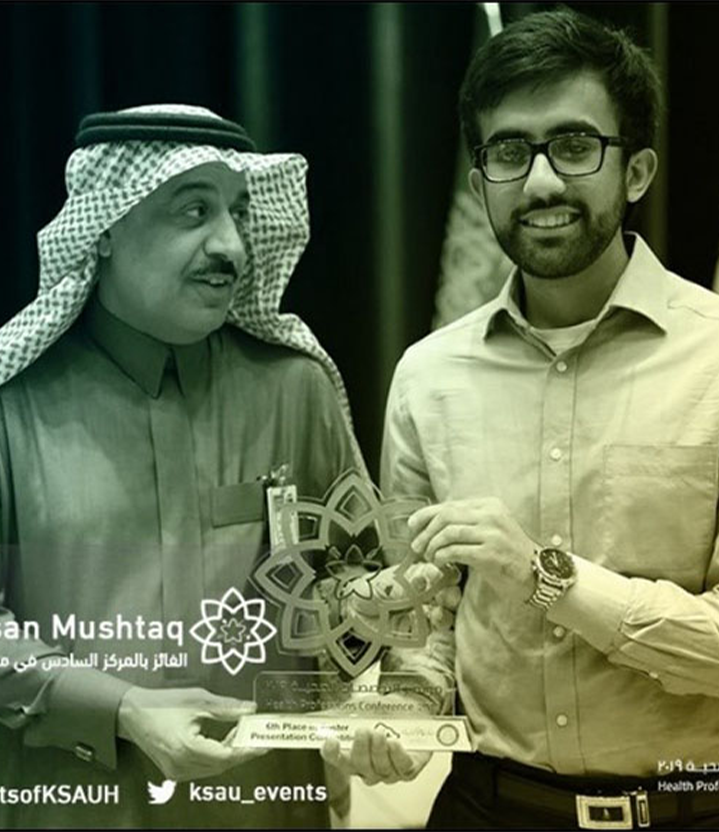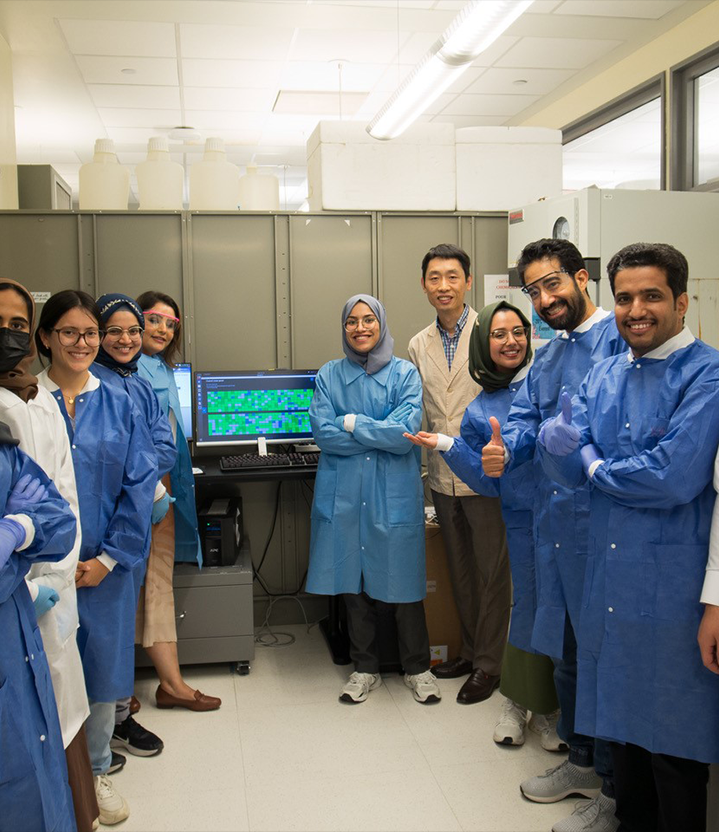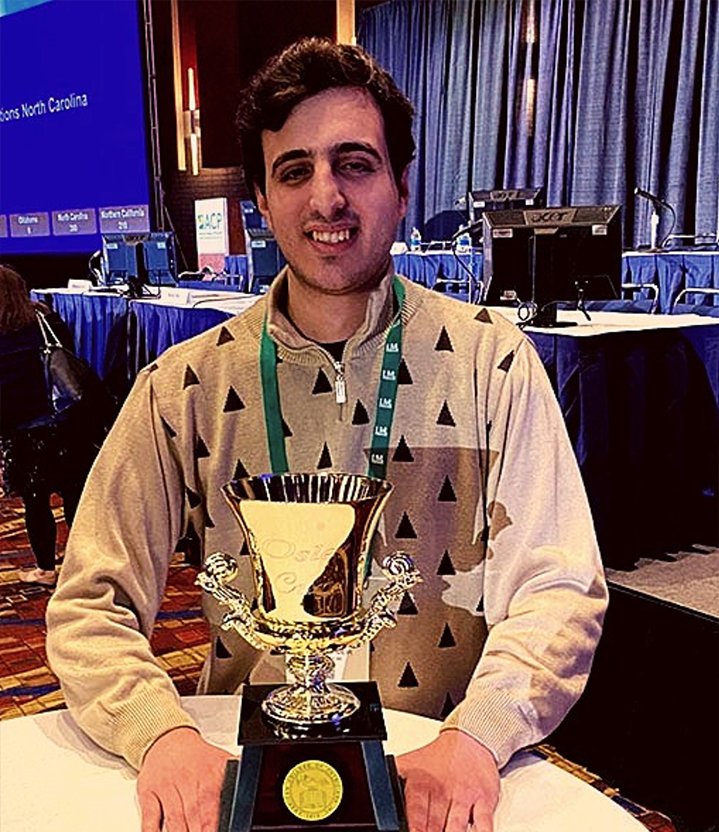Latest Stories
Latest Stories
Latest Stories
Latest Stories
Editors Picks
Hey, Mom, I finally made some friends in school. Can I hang out with them this summer?” she said excitedly.
Dr. Ali Hassan Mushtaq is a 9th batch alumnus from Alfaisal University, currently in his intern year. He has been involved in extensive research,
Though not talked much about within routine medical curricula, diversifying your skills
Dr. Omar Ahmad Khdeir is a graduate of the 6th batch of the college of medicine at Alfaisal.
ARTICLE
You are a part of many different roles and positions that contribute greatly to
PHOTO GALLERY
Contact us
To pitch a story, request an interview, or submit a correction, please email us.
General inquiries: contact@medtimes.us
- Never miss a story.










